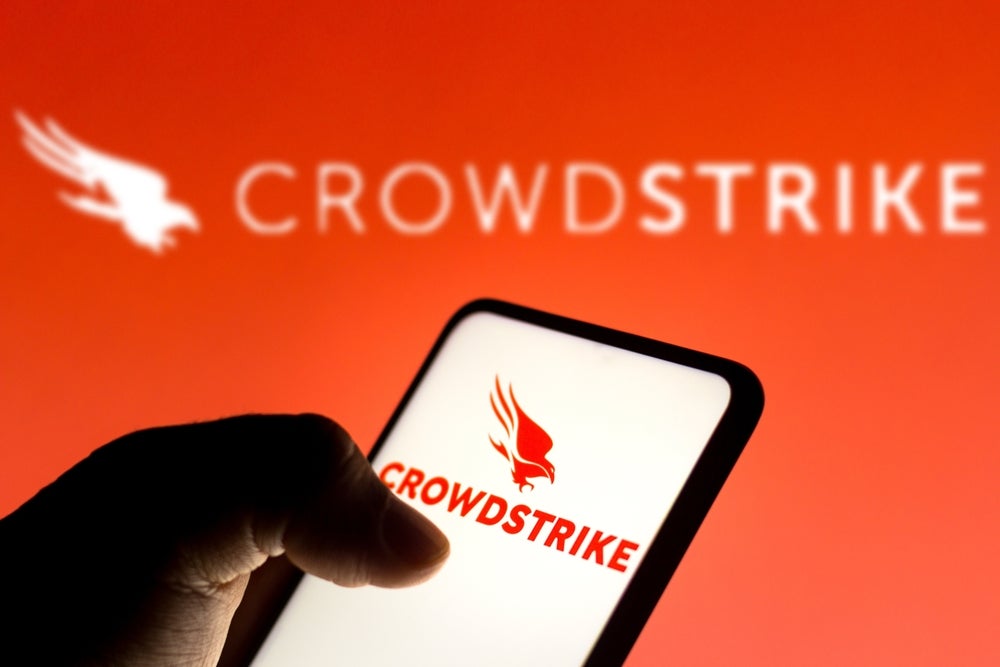Last week’s global outage caused by a software update from cloud-based cybersecurity company CrowdStrike has cast a glaring spotlight on industries’ collective dependence on third-party software.
The disruption, which rippled across transport, broadcast, financial, and retail sectors in Europe, Australia, the US, and beyond, highlights a critical vulnerability in business operations, in particular, the reliance electric vehicle (EV) companies have on external software and the risks inherent in such dependencies.
Although it was reported that EV manufacturer Tesla shut down some production lines due to the outages last Friday, the broader EV sector has thus far avoided a wider fallout from the crisis. Nonetheless, the increasing reliance of EVs on proprietary software has been a long-standing concern.
This vulnerability has frequently been revealed when vehicle manufacturers have failed to meet production targets due to software glitches, but more dramatically through corporate collapses.
Chevrolet and Fisker
Legacy automakers face the challenge of rapidly developing sophisticated software for automobiles, an area outside their traditional expertise in internal combustion engines. For instance, Chevrolet started delivering its much-anticipated 2024 Blazer EV in mid-2023, but pulled the vehicle with a stop-sale notice in December due to a major software problem. In February, Chevy issued a software update to address the issues and sweetened the SUV’s attractiveness with an average price cut of US$5,900 for the Blazer EV.

Even EV companies that originated in the battery-electric era are not immune from similar software challenges. US EV start-up Fisker, known for its advanced software integration, aimed to be the “Apple of the auto industry” by outsourcing manufacturing to reduce development times and costs. Despite continuous updates and user interface improvements, Fisker’s Ocean SUV faced significant software and hardware problems which ultimately led to Fisker filing for bankruptcy protection in mid-June this year, and by mid-July, a US judge approved the firesale of Fisker’s vehicles to American Lease LLC, a company that leases cars to New York City-based Uber and Lyft drivers.

US Tariffs are shifting - will you react or anticipate?
Don’t let policy changes catch you off guard. Stay proactive with real-time data and expert analysis.
By GlobalDataSoftware-defined vehicles, a term illustrating the difference between cars enhanced by technology and those run by technology, are becoming the norm.
In the event of a manufacturer’s bankruptcy, the continuity of software support becomes tenuous, leaving vehicles vulnerable to unresolved issues and cyber security threats. The closure of an automaker could further complicate maintenance and updates, potentially jeopardising vehicle safety and reliability.
The dilemma is compounded by the limited capacity of dealerships and the aftermarket to manage complex software issues. Proprietary software development by established automakers often limits third-party repair options, fostering a maintenance monopoly that could disadvantage consumers.
In response to these challenges, the “right to repair” movement is gaining momentum. Advocates argue that access to vehicle source code could empower independent repair shops to tackle software-related problems, thereby safeguarding consumer choice and encouraging a more competitive market.
The CrowdStrike outage serves as a crucial reminder of the risks associated with the sector’s growing dependence on third-party software. As industries continue to integrate software into their core operations, addressing these vulnerabilities and advocating for broader repair rights will be essential steps towards ensuring resilience and consumer protection in an increasingly digital world.








